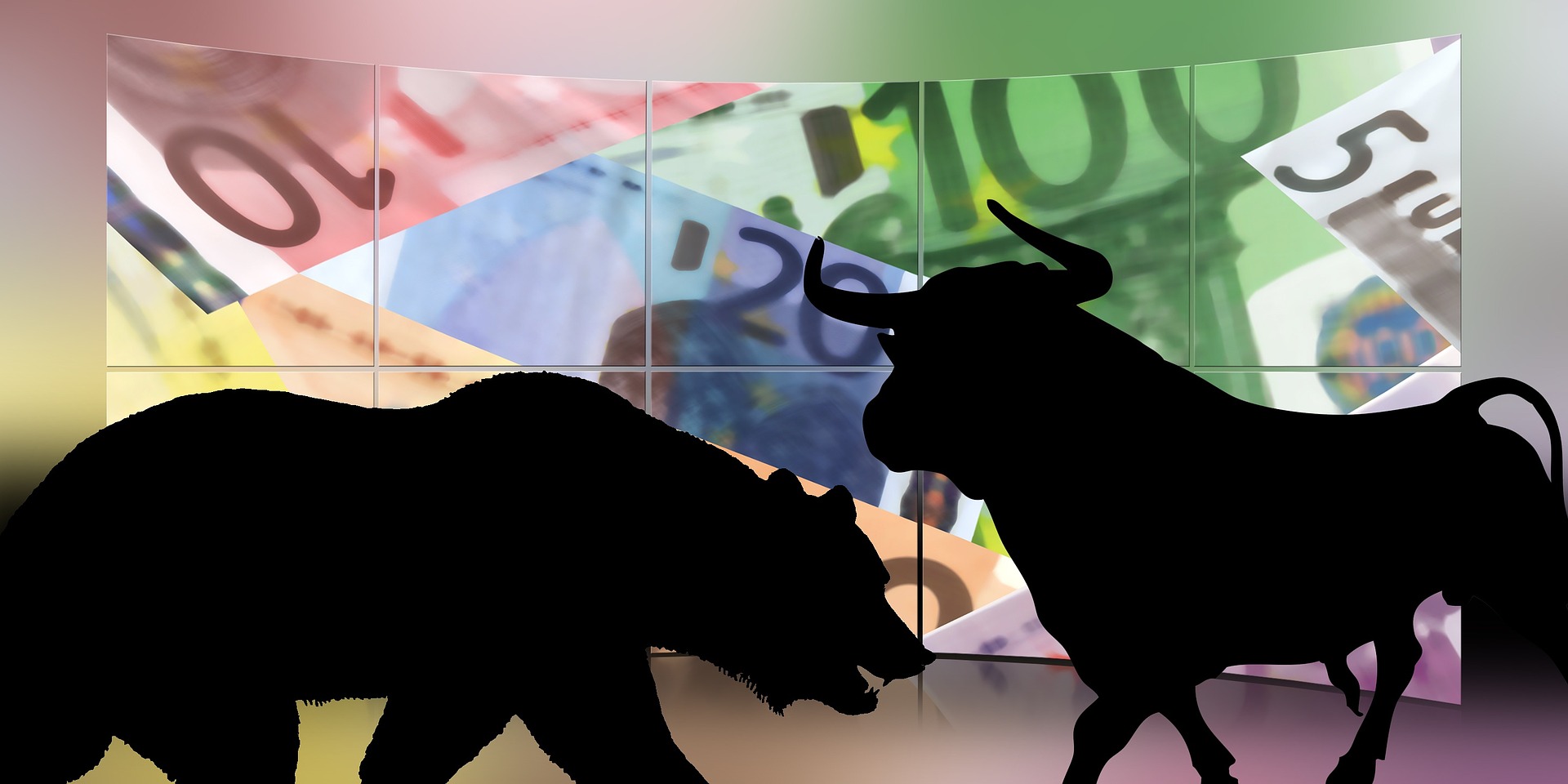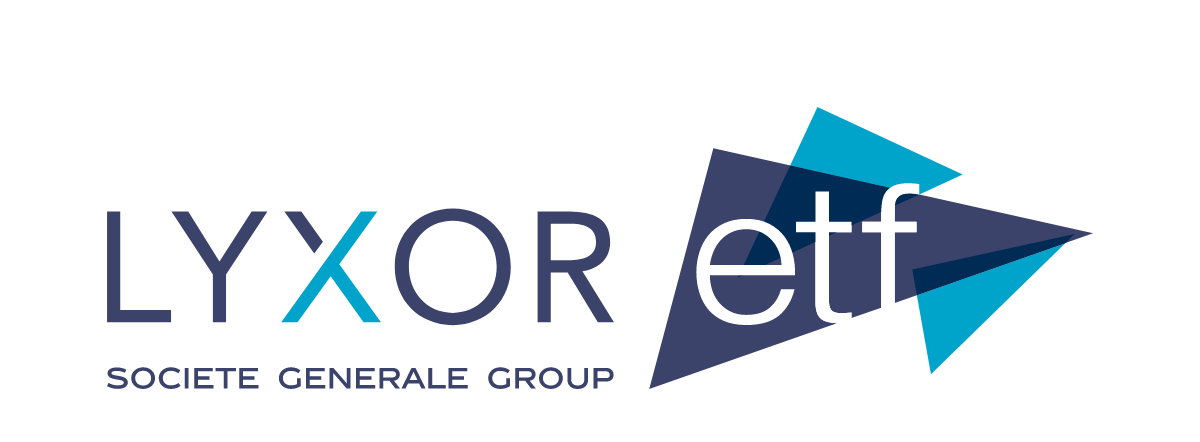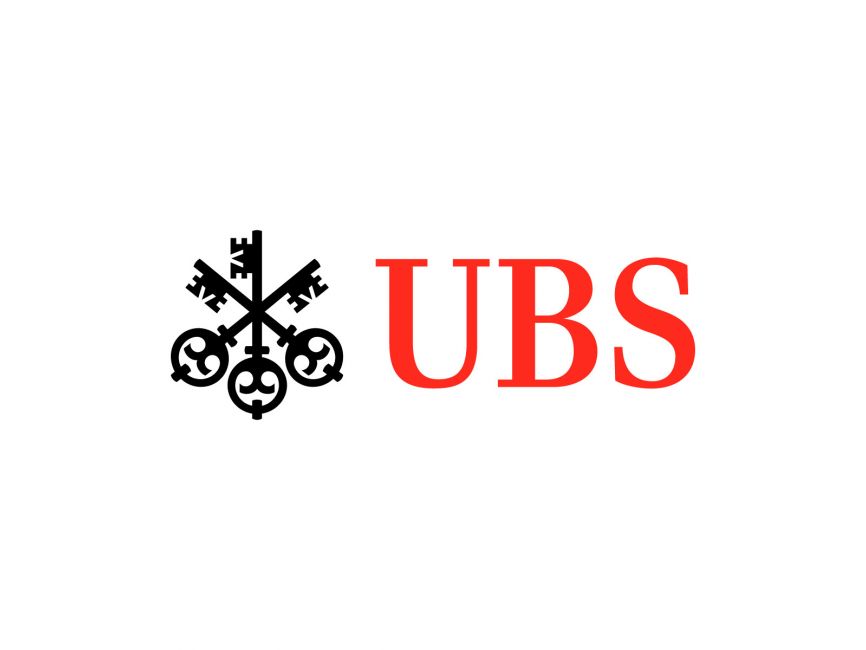Markets have had a rotten October, and there may be further falls to come. With that background, are they any smart beta strategies that could reduce the pain if markets do fall further?
The smart beta investment approach targets specific investment strategies such as volatility, momentum, or value and is becoming increasingly popular with investors. These strategies are also known as factors.
However, choosing your factor is not an easy task, at the end of August there were 1,240 smart beta ETFs/ETPs to choose from, with 2,256 listings globally.
One of the most popular strategies is minimum volatility, also known as minimum variance. And at first glance that looks appropriate for now given that volatility is rising.
Chris Vermeulen at The Technical Traders, says: "Get ready for some crazy price trends in the US markets as investors react to earnings, housing data and overall evaluations of future objectives."
But is minimum volatility really the best choice?
Peter Sleep, senior portfolio manager at 7IM, explains that while minimum variance is the obvious one to use in a bear market it is difficult to call a bear market and generally investors go into these things after the event, which is why it is sometimes called maximum regret.
"If you have a decent crystal ball though, minimum variance will protect an investor from the worst of the bear, but you will still go down. A really good crystal ball would put you into cash and put options."
What's more, minimum volatility has been one of the worst performers this year. Scientific Beta, which provides smart beta indices, says that its worst performing strategy has been the low volatility index which has returned -2.19% in 2018. Its best performing strategy has been a multi-factor one which has delivered a 2.18% gain. (Multi-factor is where stocks are selected for an index using two or more factors.) There are seven multi-factor ETFs available on the LSE.
Other factors that are doing well include value equities, which did well in the bear market of the early 2000s (although poorly in 2008). Sleep comments that he suspects value will have a good next bear market if it comes in the next year or two, simply because it has had a touch period for the last ten years.
Value in corporate bonds also appears to perform when coming out of a bear market.
Sleep explains that "A lot of bonds get downgraded in a bear market but the value segment, particularly so-called "fallen angels" can rally pretty hard on the rebound. As you may know, fallen angels are bonds that have just lost their investment grade status. They tend to get sold aggressively by PMs that only have investment grade mandates."
Size as a factor for equity smart beta has also been very popular. Research Affiliates says that "Banz (1981) found that stocks with small market capitalizations tended to outperform stocks with large market capitalizations. Our findings show the same results. In order to capture the small size premium, the size factor favors small stocks."
But small stocks come with a warning.
Sleep explains that typically at the start of a bear market the big liquid stocks tend to be sold first, "but it would be a funny bear market if small caps don't get hit harder; I am not exactly sure why small caps should get hit harder. Maybe they are less liquid and I did read a commentator that suggested that small companies find it less easy to borrow in a crisis (they are reliant on bank lending and cannot access the bond markets) and are therefore more prone to bankruptcy."
Another factor to avoid in a bear market is momentum "You get hit as the market turns at the top and you tend not to participate in the rebound, so you get whipsawed in a V shaped bottom. If the bear market is a nice slow motion crash then I could see a long-short momentum strategy doing well. Personally I like to get my teeth pulled quickly," he says.
There are a good number of value equity ETFs listed on the LSE. The best performing of these is the UBS Factor MSCI USA Prime Value UCITS ETF (UC96), which has returned 6.21% this year so far, and 18.6% over the last three years. The ETF tracks the MSCI USA Prime Value Total Return index, which comprises companies with relatively low valuations and high quality characteristics.
IUVF
IUVD
IUVL
UVAL
USVL
IWVG
IWVU
IEDL
IDJV
EVAL
EUSV
RSVL
RUSV
USSC
SGVL
SGVB
VVAL
VDVA
XDEV
UC96
UC07
UB17
ETFTERYTD RTNINDEXiShares Edge MSCI USA Value Factor UCITS ETF (£)0.20%1.59%MSCI USA Enhanced Value Index consisting of large- and mid-capitalization US stocks with value characteristic and relatively lower valuationsiShares Edge MSCI USA Value Factor UCITS ETF ($)0.20%n/aMSCI USA Enhanced Value Index consisting of large- and mid-capitalization US stocks with value characteristic and relatively lower valuationsiShares Edge MSCI USA Value Factor UCITS ETF ($)0.20%-2.37%MSCI USA Enhanced Value Index consisting of large- and mid-capitalization US stocks with value characteristic and relatively lower valuationsSPDR MSCI USA Value UCITS ETF0.25%2.81%Tracks the performance of US equities with a higher weighting applied to securities exhibiting low valuation characteristicsSPDR MSCI USA Value UCITS ETF ($)0.25%-4.23%Tracks the performance of US equities with a higher weighting applied to securities exhibiting low valuation characteristicsiShares Edge MSCI World Value Factor UCITS ETF0.30%n/aMSCI World Enhanced Value IndexiShares Edge MSCI World Value Factor UCITS ETF0.30%n/aMSCI World Enhanced Value IndexiShares Edge MSCI Europe Value Factor UCITS ETF0.25%n/aMSCI Europe Enhanced Value IndexiShares Euro Total Market Value Large UCITS ETF0.40%-8.97%EURO STOXX Total Market Value Large IndexSPDR MSCI Europe Value UCITS ETF0.25%-9.58%The investment objective of the Fund is to track the performance of European equities with a higher weighting applied to securities exhibiting low valuation characteristicsSPDR MSCI Europe Small Cap Value Weighted UCITS ETF0.30%-11.48%The Fund's objective is to track the performance of European small cap companies exhibiting low valuation characteristicsLyxor Russell 1000 Value UCITS ETF (£)0.19%1.27%Russell 1000 Value Total ReturnLyxor Russell 1000 Value UCITS ETF ($)0.19%-3.32%Russell 1000 Value Total ReturnSPDR MSCI USA Small Cap Value Weighted UCITS ETF0.30%-4.51%The Fund's objective is to track the performance of US small cap companies exhibiting low valuation characteristicsLyxor SG Global Value Beta UCITS ETF (£)0.40%-7.34%SG Global Value Beta Net Total Return IndexLyxor SG Global Value Beta UCITS ETF ($)0.40%-11.56%SG Global Value Beta Net Total Return IndexVanguard Global Value Factor UCITS ETF (£)0.22%-4.21%FTSE Developed All Cap Index and the Russell 3000 IndexVanguard Global Value Factor UCITS ETF ($)0.22%-9.01%FTSE Developed All Cap Index and the Russell 3000 IndexXtrackers MSCI World Value UCITS ETF0.40%-0.31%MSCI World Enhanced Value Index (Net Total Return)UBS Irl ETF Plc - Factor MSCI USA Prime Value UCITS ETF0.25%6.21%MSCI USA Prime Value Total Return NetUBS Irl ETF plc - MSCI USA Value UCITS ETF0.20%1.81%MSCI USA Value IndexUBS ETF-MSCI EMU Value UCITS ETF0.25%-9.23%MSCI EMU Value Index







